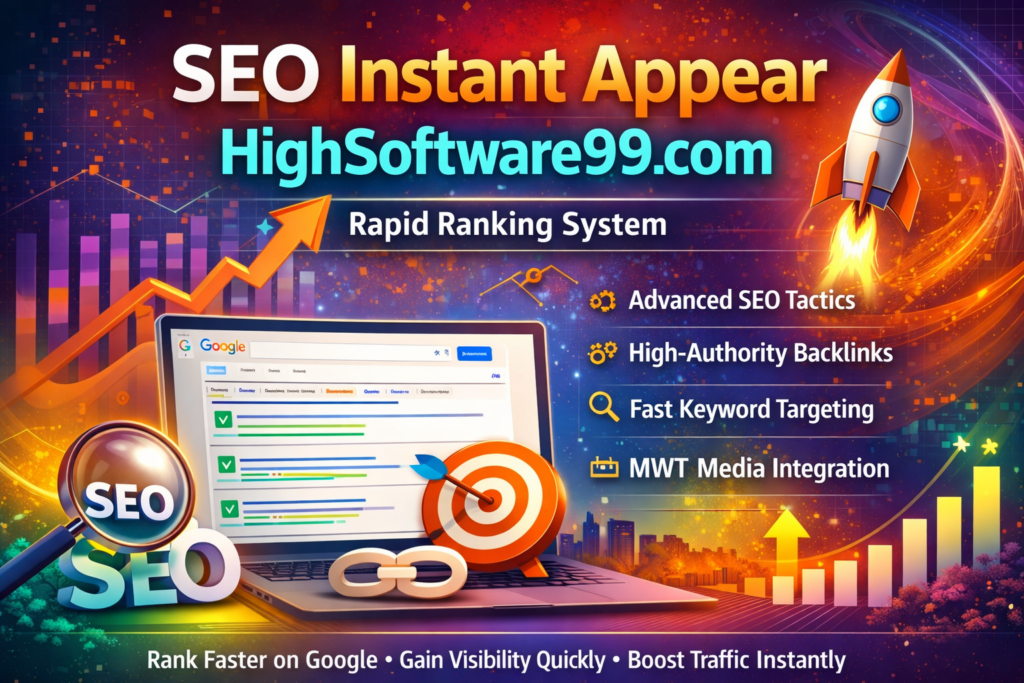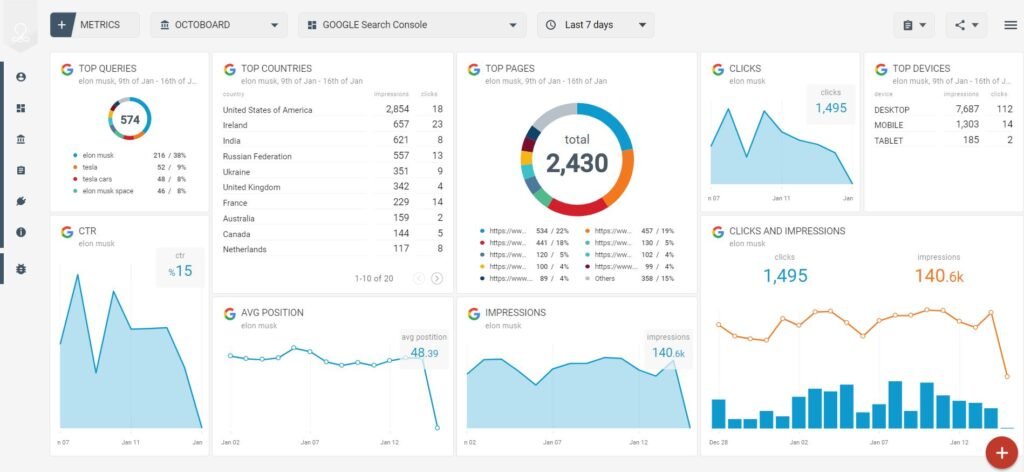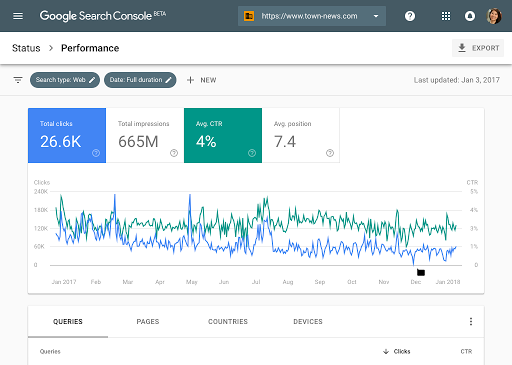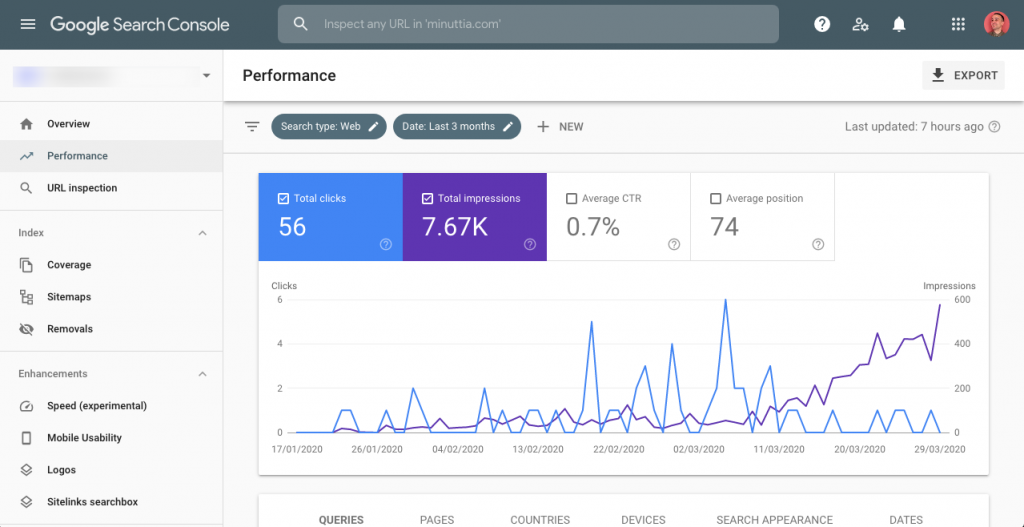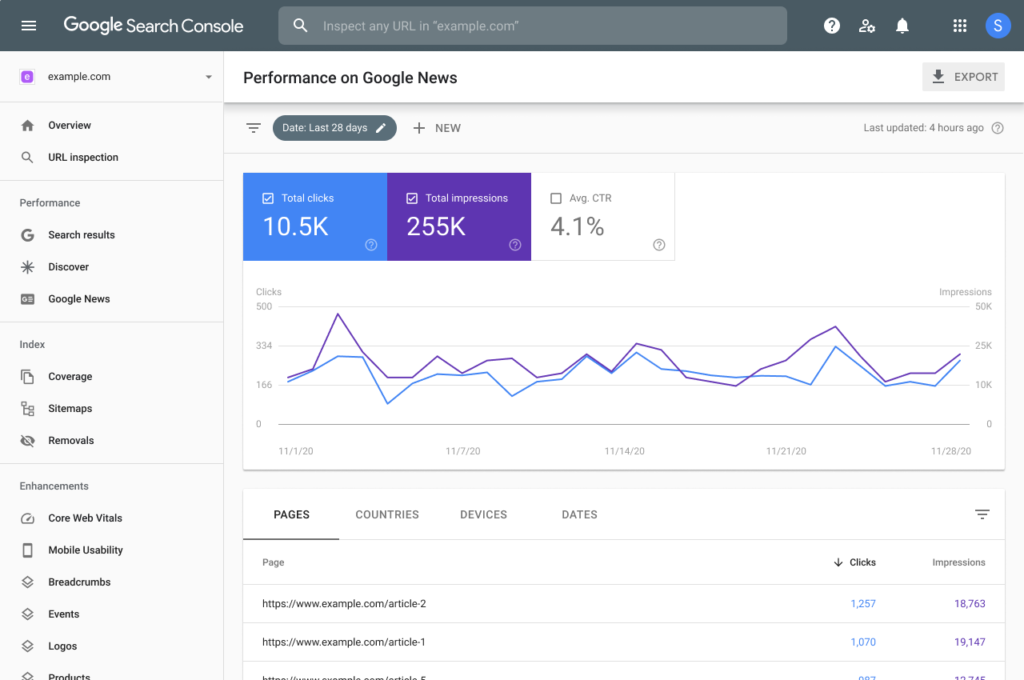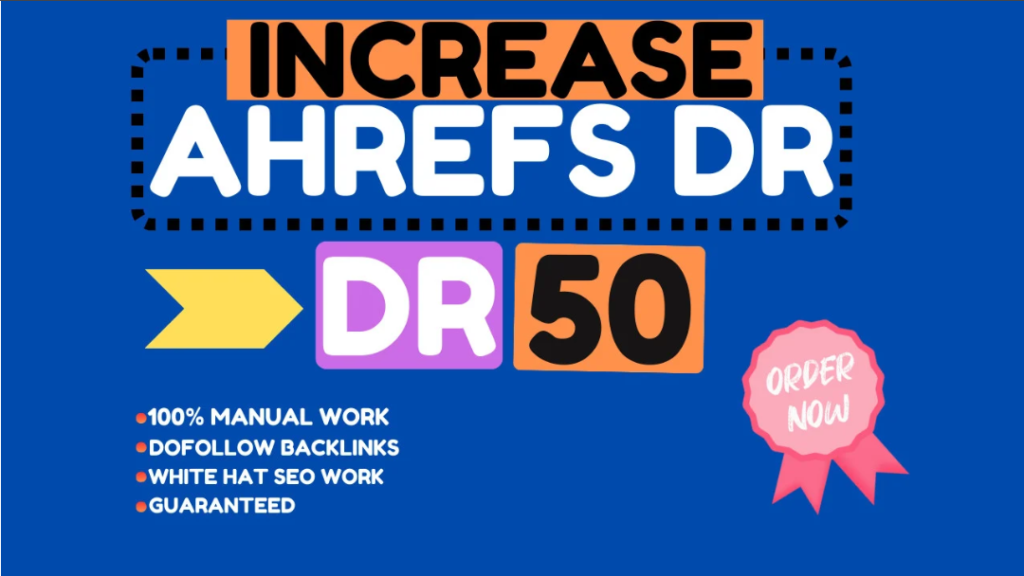1. Introduction: The Rise of Semantic SEO Leadership
In the evolving landscape of digital marketing, where algorithms are increasingly guided by meaning rather than mere keywords, one name consistently stands out — Ben Stace. Known as a pioneer in advanced content architecture and search intent strategy, Ben Stace semantic SEO consultancy services have transformed the way businesses approach online visibility.
Unlike traditional SEO agencies that chase ranking positions, Ben focuses on decoding the language of understanding — building frameworks that help brands become recognized authorities in their industries. His consultancy operates at the intersection of data science, linguistics, and strategic storytelling.
“Google has evolved beyond counting keywords,” Ben often says. “It now interprets intent, entities, and connections. True SEO success lies in aligning your content with how meaning itself is structured.”
2. The Foundation of Ben Stace’s Semantic SEO Approach
At the heart of Ben Stace semantic SEO consultancy services is one core philosophy: SEO should reflect how humans think, not how machines crawl.
Ben’s approach is based on semantic mapping — understanding how topics, entities, and concepts relate within a search ecosystem. By organizing these relationships into structured frameworks, he helps brands communicate authority both to users and search engines.
His methodology builds upon three key pillars:
-
Entity Recognition: Identifying core concepts, brands, and people that define the niche.
-
Contextual Structuring: Creating relationships between topics through internal linking, schema, and contextual phrasing.
-
Meaning Optimization: Ensuring every page contributes to a broader topical narrative that reinforces domain expertise.
Ben calls it “Search Intelligence Engineering” — a process that turns raw information into structured understanding.
3. Inside Ben Stace Semantic SEO Consultancy Services
Ben’s consultancy operates more like a think tank than a traditional SEO agency. Every client engagement begins with what he calls a Semantic Blueprint Session — a deep diagnostic process where his team dissects the brand’s content ecosystem.
Service 1: Semantic SEO Auditing
This initial audit is not about technical errors or broken links — it’s about identifying gaps in meaning. Ben’s team maps out the site’s existing topical structure and determines where knowledge silos or missing entity connections weaken authority.
“Most websites fail not because they lack content, but because they lack context,” says Ben.
“You might have 200 blog posts, but if they don’t connect semantically, Google won’t understand your expertise.”
Service 2: Topical and Entity Mapping
Next, his consultants build a semantic map — a visual model of how topics, subtopics, and entities interrelate. This map becomes the foundation for content planning, linking strategy, and on-page optimization.
Each node in the map represents an idea; each connection represents relevance. This is how Ben ensures clients don’t just rank — they own their topic.
Service 3: Content Architecture & Strategy
Ben’s consultancy then transforms the semantic map into a content architecture blueprint — outlining pillar pages, cluster articles, and contextual interlinking strategies. Every piece of content serves a role within the knowledge hierarchy.
The result is a content ecosystem that behaves like a digital knowledge graph, enabling Google to recognize topical authority naturally.
Service 4: Schema and Entity Implementation
A unique part of Ben Stace semantic SEO consultancy services is his mastery of schema design. He tailors structured data markup not just for compliance, but for semantic reinforcement — teaching search engines how concepts relate.
Service 5: Continuous Semantic Growth
SEO doesn’t end at publication. Ben’s team monitors “semantic signals” — tracking how Google associates the brand with specific entities and topics over time. As new search trends emerge, they expand the topical graph accordingly.
4. The Philosophy Behind His Consultancy Model
Unlike traditional SEO agencies focused on traffic numbers, Ben focuses on topical ownership — ensuring a brand becomes the go-to source for an entire area of expertise.
“Visibility is the byproduct,” Ben explains. “Authority is the goal.”
He views SEO as a long-term investment in digital thought leadership. Instead of chasing volume-based keywords, his consultancy helps clients build credibility around concepts that define their industry.
Ben’s philosophy merges cognitive science with SEO — drawing parallels between how the human brain categorizes knowledge and how Google interprets web content.
“When we think about a topic, our brains don’t jump from keyword to keyword. We connect ideas. Semantic SEO is about replicating that mental process online.”
5. Case Studies: How Ben Stace’s Consultancy Delivers Results
Case Study 1: SaaS Company Gains Semantic Dominance
A mid-tier SaaS company approached Ben with flat organic traffic despite publishing hundreds of blogs. His team performed a semantic gap analysis, revealing disjointed topical coverage and inconsistent entity linking.
By restructuring their content into five semantic clusters — “automation,” “workflows,” “team management,” “AI productivity,” and “data collaboration” — they achieved:
-
+270% increase in organic visibility in 8 months
-
40% higher dwell time due to structured content flow
-
Multiple featured snippets due to entity optimization
Case Study 2: Healthcare Brand Establishes Authority
A health-tech startup lacked online credibility despite expert-authored articles. Ben’s consultancy designed a medical knowledge graph connecting diseases, treatments, and lifestyle entities.
The result:
-
3X increase in topical trust score
-
Recognition as a “medical authority” entity in Google’s Knowledge Graph
-
Organic traffic from 9 countries within 6 months
“We didn’t create new content,” Ben recalls. “We just taught Google what the existing content meant.”
Case Study 3: E-Commerce SEO Reinvention
For an e-commerce client in the home improvement niche, Ben’s consultancy replaced their keyword-heavy approach with semantic intent clusters. The website began ranking for broader intent-based searches like “how to choose sustainable flooring” rather than transactional keywords alone.
Revenue from organic visitors rose by 65% — not due to more traffic, but better-aligned traffic.
6. Why Semantic SEO Matters in 2025 and Beyond
Ben believes the future of SEO lies in contextual intelligence. Search engines are no longer content finders — they are meaning interpreters. As AI models like Gemini and GPT continue influencing search, semantic optimization will become the foundation of online visibility.
“The next SEO revolution isn’t about backlinks or keywords — it’s about relationships,” he says.
“Those who understand meaning will control visibility.”
Ben predicts that entity-based SEO will become mandatory. Google’s algorithms now build knowledge graphs internally, and only sites structured semantically will fit within those frameworks. His consultancy prepares clients for this reality — creating digital ecosystems designed to thrive in AI-driven search environments.
7. Inside the Consultancy: Process, Tools, and Frameworks
Ben Stace’s consultancy uses a combination of proprietary frameworks and AI-powered tools. Some are publicly known; others are custom-built for internal use.
Framework 1: The Semantic Pyramid
This model structures content in three layers:
-
Core Entities – The main concepts defining the brand.
-
Supportive Topics – Subtopics that strengthen semantic context.
-
Contextual Narratives – Stories, guides, and case studies that humanize understanding.
Framework 2: The Knowledge Resonance Model
A unique metric Ben developed to measure how well a site’s topics resonate with search intent. It uses both NLP signals and behavioral data.
Framework 3: Adaptive Interlinking Engine
Instead of static internal links, Ben’s consultancy deploys dynamic linking models that adapt as new content is added — maintaining contextual flow automatically.
8. What Sets Ben Stace Apart from Traditional SEO Consultants
While most SEO experts focus on ranking algorithms, Ben focuses on interpretation algorithms. His work integrates linguistics, AI, and psychology — disciplines that most marketers overlook.
Three key factors distinguish Ben Stace semantic SEO consultancy services:
-
Holistic Understanding – Every strategy is designed to mirror human knowledge structures.
-
Data-Driven Creativity – Advanced NLP tools meet human insight for scalable storytelling.
-
Future-Readiness – All frameworks anticipate Google’s next algorithmic shifts toward AI reasoning and knowledge graph expansion.
Ben’s consultancy doesn’t simply react to search changes — it predicts them.
9. Expert Insights: Ben Stace’s Guidance for Businesses
For organizations seeking to modernize their SEO strategy, Ben shares this advice:
“Stop asking how to rank higher — start asking how to be understood better.”
He encourages companies to:
-
Build knowledge-first websites, not keyword-first blogs.
-
Use structured data and schema to express meaning clearly.
-
Organize their digital presence like an encyclopedia of value, not a list of sales pages.
He adds,
“The web is moving toward comprehension. If you help algorithms comprehend your value, your visibility will follow naturally.”
10. Conclusion: The Future of Authority Lies in Meaning
Ben Stace semantic SEO consultancy services represent the future of digital authority — a model where success is built not on manipulation, but on meaningful organization.
Through his pioneering frameworks and deep understanding of semantic relationships, Ben is helping redefine how businesses connect their expertise to search intelligence.
“SEO used to be about finding loopholes,” Ben concludes. “Now it’s about building understanding. That’s the game — and the future belongs to those who play it well.”
In an era dominated by AI and context-driven search, Ben Stace’s consultancy doesn’t just optimize websites — it optimizes how knowledge itself is presented to the world.

